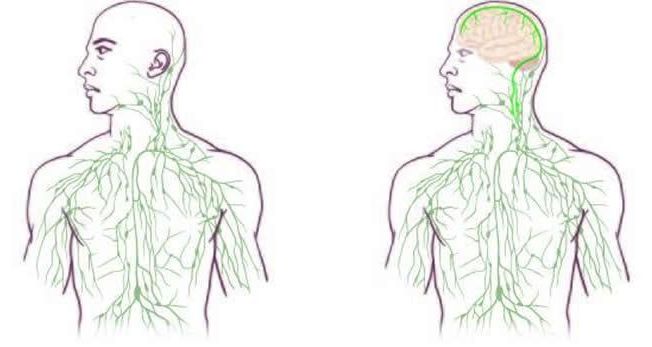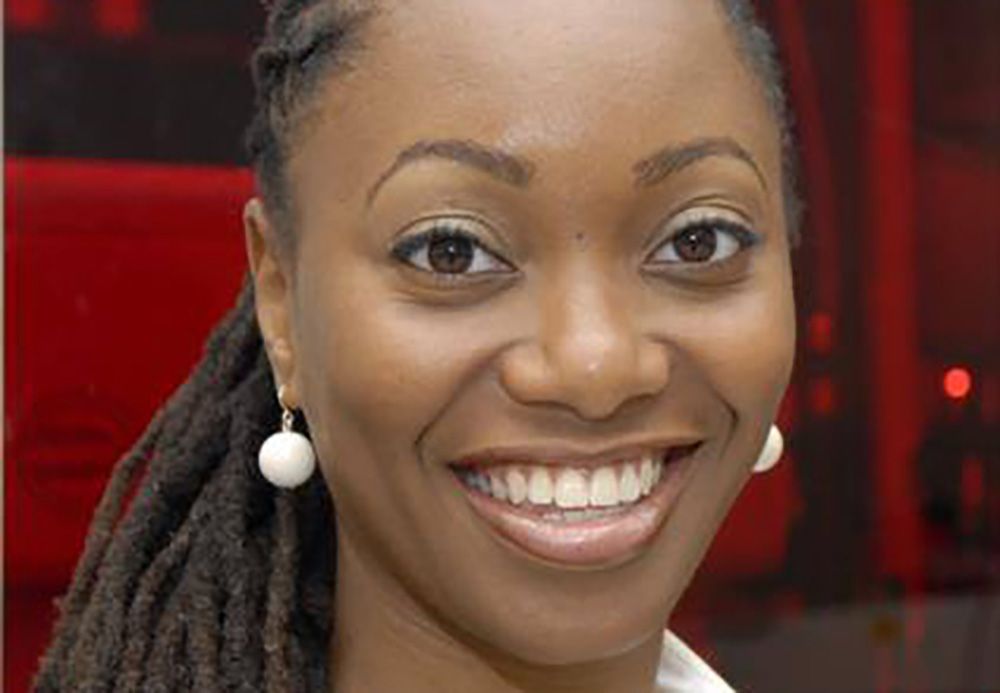China isn’t the only country with a draconian “social credit score” system — there’s one quite a bit like it operating in the U.S. Except that it’s being run by American businesses, not the government.
There’s plenty of evidence that retailers have been using a technique called “surveillance scoring” for decades in which consumers are given a secret score by an algorithm to give them a different price — but for the same goods and services.
But the practice might be illegal after all: a California nonprofit called Consumer Education Foundation (CEF) filed a petition yesterday asking for the Federal Trade Commission (FTC) to look into the shady practice.







